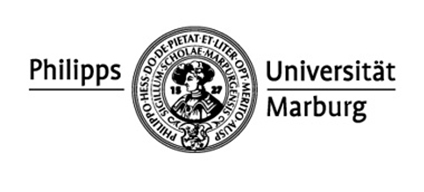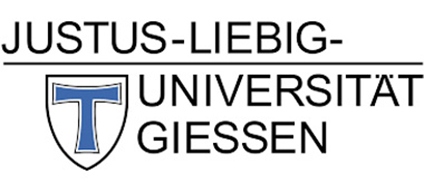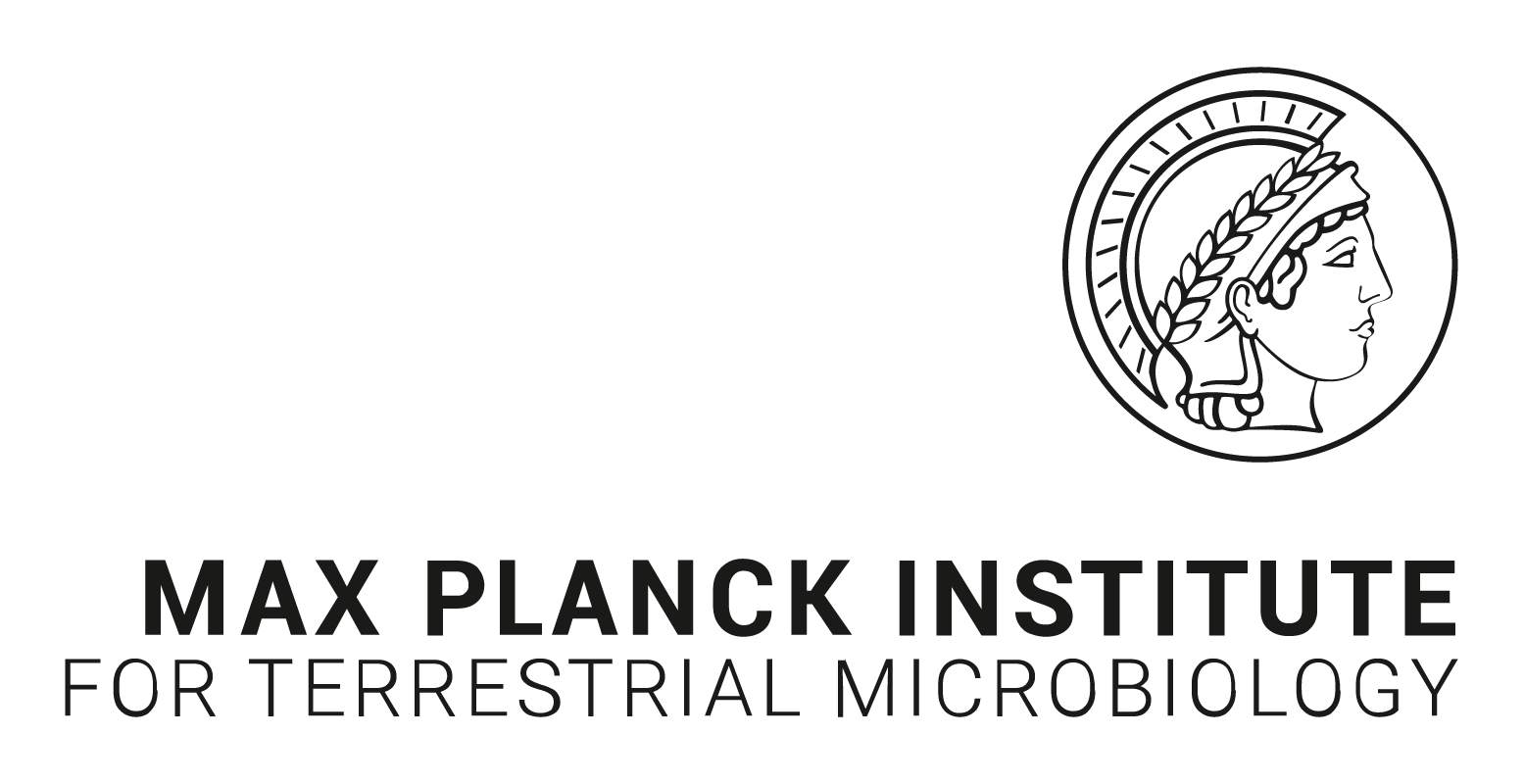Main Content
Associated Projects
Communication between bacteriophages and their host
Dr. Katharina Höfer
We will investigate the hypothesis that bacteria can secrete small diffusible molecules to modulate bacteriophage infection. Bacteriophages are viruses that infect and replicate only in bacterial cells. Bacteriophage research focuses on several model phages, which primarily infect Escherichia coli, such as bacteriophage T4. T4 is one of the most complexly built viruses and serves as an excellent model to elucidate the mechanisms of virus assembly, DNA packaging, and the lysis of the host. Based on the clinical potential of phages to kill bacteria, the characterization of the host’s defence strategies against phages is of high interest. In this project, we will analyze how the secretion of small diffusible molecules from E. coli can regulate T4 phage infection, which will improve our understanding of host defence mechanisms.
Effect of cellular ageing on host response to infections in the human lung
Prof. Dr. Mareike Lehmann
We will investigate the hypothesis that cellular aging phenotypes in structural cells modulate the response to infection. The aging population is more susceptible to the development of chronic and acute lung diseases. Old patients are at risk of developing more severe symptoms of pneumonia. At this point in time we are missing proper human ex vivo model to investigate these mechanisms in clinically relevant models. We use primary human tissue to generate immunocompetent 3D models of the lung that we infect with bacteria known to cause pneumonia. We study the longitudinal changes in host-microbe interaction in spatial resolution in models of aging as compared to young lungs. This will increase our understanding of the response of aged lungs to infectious challenges and provide us with therapeutic targets that will be developed further to improve resilience to infectious challenges in the aged lung.




